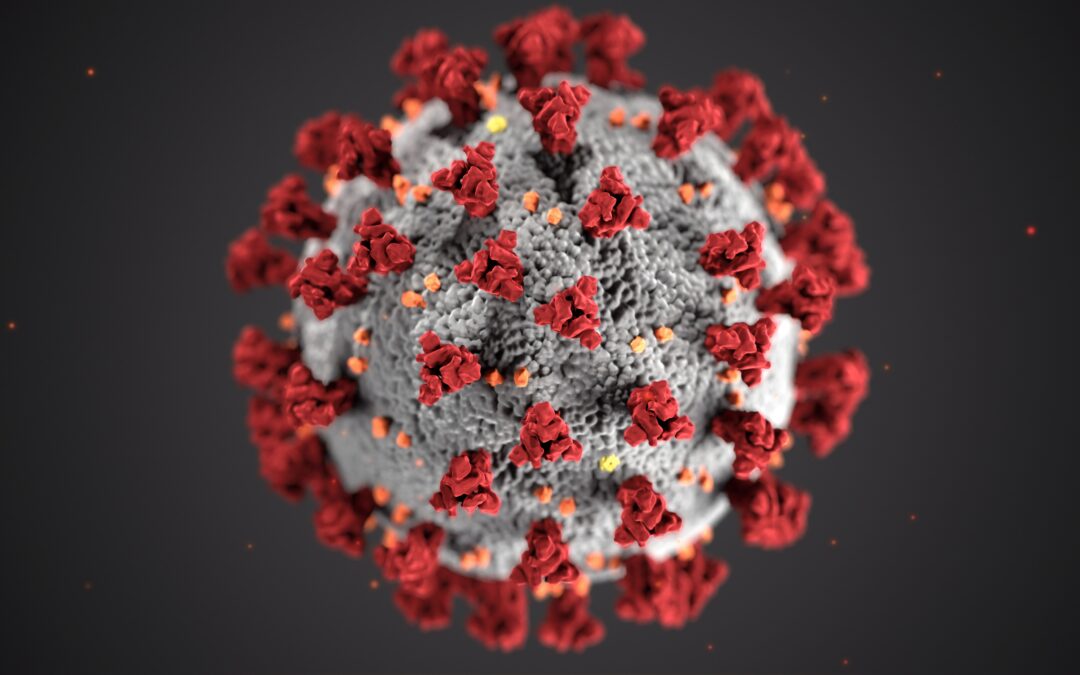The panic sweeping some parts of the globe about the coronavirus is unsettling and worrying for many. But for those who suffer with anxiety, particularly concerning their health, the mass of conflicting information can be overwhelming. So what advice can be offered to those who are currently finding this particularly distressing?
Perhaps a key ingredient to reducing anxiety levels is choosing a single news channel that gives accurate and balanced information from reliable sources. It may be the NHS website or the daily updates on the government’s website (see below for links). The key is to avoid being tempted to trawl other websites or media for more information, which is likely to be conflicting at best and anxiety-provoking at worst. Restricting visits to the chosen source to daily rather than multiple times is also useful.
Catherine Belling, Associate Professor of Medical Education at America’s Northwestern University reflects on this point stating that “people who are already predisposed to general anxiety..need to find a single source of reliable information that is not falsely reassuring but is also not catastrophic.”
The radical suggestion of avoiding social media wherever possible is also likely to be helpful. Professor Kevin Gournay from the Institute of Psychiatry, Psychology and Neuroscience at London’s King’s College Hospital and President of the anxiety charity No Panic, considers “the proliferation of social media sites over the past decade” to be responsible for the spread of rumours that can contribute to widespread panic. Whilst many people may be unable to imagine a life without constant communication at our fingertips, for those prone to anxiety this can be one of the main sources of fuel to their anxious fire.
But how else can we manage anxiety?
Those already familiar with anxiety may use techniques that they have already learnt, including body scanning, breathing, grounding and relaxation, which will help to reduce the unpleasant physiological symptoms of the ‘fight or flight’ state.
Distraction techniques, including exercise, engaging in pleasurable activities, mental puzzles, drawing, singing or any pursuit that is enjoyable, help to remove the mind’s focus from rumination and negative thinking. These can reduce anxiety and focus the mind on enjoyment of the present.
If anxiety is still an issue, CBT (Cognitive Behaviour Therapy) is a particularly effective therapy and may be something to consider. The therapy is based on the theory that our emotions, bodily symptoms and behaviour are all impacted by our thoughts, which are usually negative in anxiety-based disorders, and also usually partially or wholly untrue. A CBT therapist will help a client to challenge and reframe the thoughts leading to a more balanced perspective and a consequent improvement in anxious thinking.
And for all of us, the key seems to be better hygiene. Chief Medical Officer Professor Chris Whitty, who is a both a doctor and epidemiologist advises washing hands for at least 20 seconds with soap and water, not touching our faces and avoiding the use of bars of soap in public places. We can only do our best and maybe remember if we find ourselves ruminating on the likely impact of the coronavirus on ourselves that “men are disturbed not by things, but by the view which they take of them.” (Epictetus)
Sources of up to date information about the coronavirus:
https://www.gov.uk/guidance/coronavirus-covid-19-information-for-the-public
https://www.nhs.uk/conditions/coronavirus-covid-19/
Help for anxiety sufferers – find a counsellor in your area:
https://www.psychologytoday.com/gb
Other resources:
https://www.mind.org.uk/information-support/coronavirus-and-your-wellbeing/#collapse78a79


Recent Comments